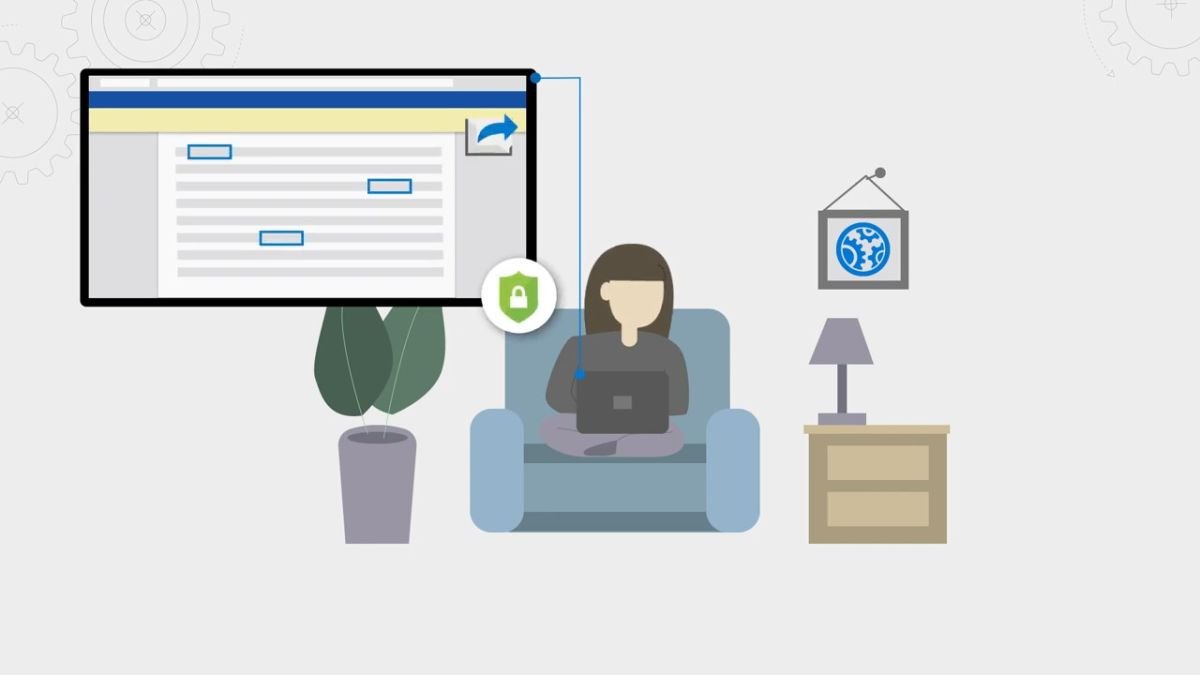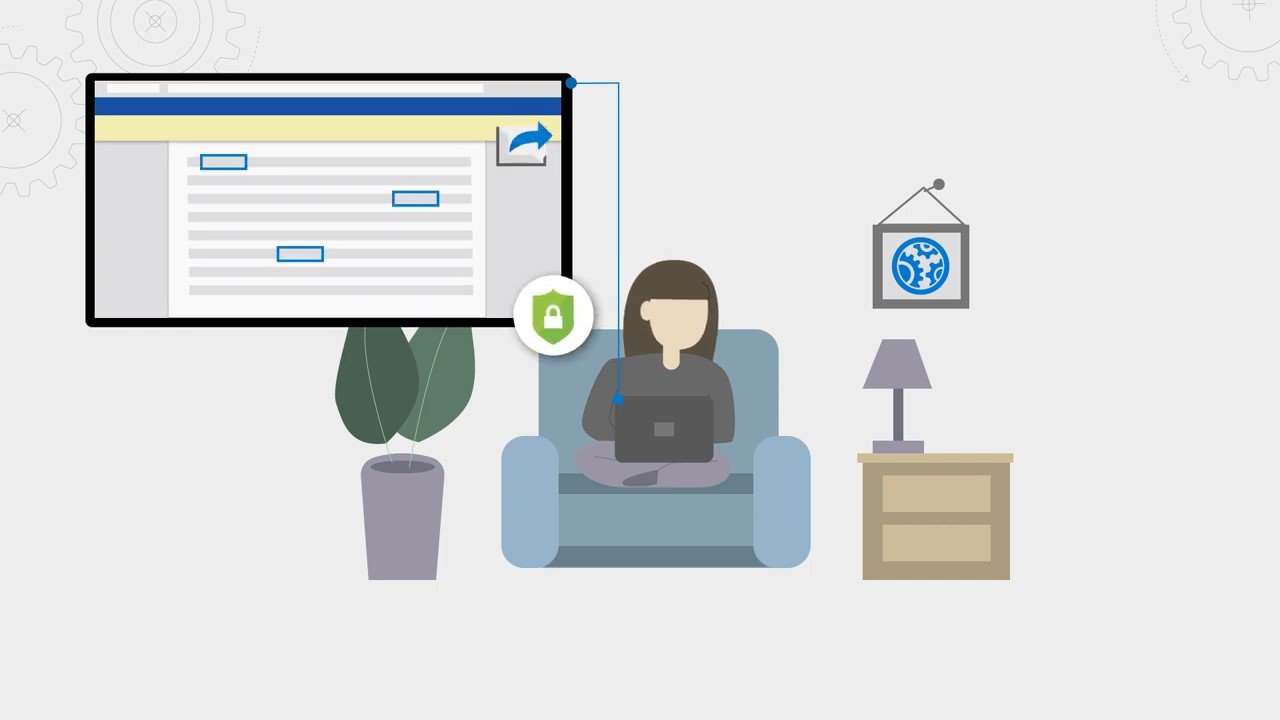

Managing data risk has become increasingly complex for businesses as more employees are now working from home than ever before, so Microsoft has introduced its own data loss prevention (DLP) service. Today, the software giant prevents data loss in Microsoft 365 apps including Word, PowerPoint, Excel, and Outlook, services like Microsoft Teams, SharePoint, and Exchange, and third-party SaaS apps in the cloud or on-premises through its Microsoft integrated information protection. (MIP). With a unified approach to data loss prevention, Microsoft enables users to set a DLP policy once and enforce it across all the services, devices, and apps they use every day. The company's new Endpoint DLP builds on the tagging and classification used in MIP and extends the existing DLP capabilities of Microsoft 365 to help users meet compliance requirements and protect sensitive endpoint information. Microsoft's new DLP solution is integrated with Windows 10, Microsoft 365 Apps and Microsoft Edge so users don't need to deploy additional software on each of their devices. Endpoint DLP is also integrated with Microsoft Defender for Endpoint, and the new service provides policy tips to notify users when they are about to violate a policy.
Microsoft Endpoint Data Loss Prevention
Endpoint DLP is now available to Microsoft 365 E5/A5 customers, and Microsoft has even added additional features to the service based on feedback from its public preview program. For example, last month, the company announced the addition of Unified Data Loss Prevention integrated with Microsoft Cloud App Security (MCAS) in a public preview to allow users to extend data protection to cloud apps from third parties. . This means that when a user tries to share a document in a third-party application, the same DLP policy used in MCAS will be triggered and the end user and administrator will receive a notification. In addition to its integration with Microsoft Defender for Endpoint, Endpoint DLP is also compatible with most antivirus software, giving customers choice while expanding their existing investments. Microsoft also revealed in a blog post that it is adding sensitivity labels as a condition of its DLP policies, a new dashboard within the Microsoft 365 compliance center to let users manage DLP alerts, and new conditions. and exceptions in preview. As data continues to grow exponentially, data loss prevention is needed more than ever, and by creating its own DLP service, Microsoft makes it easy for businesses to prevent data leaks.

